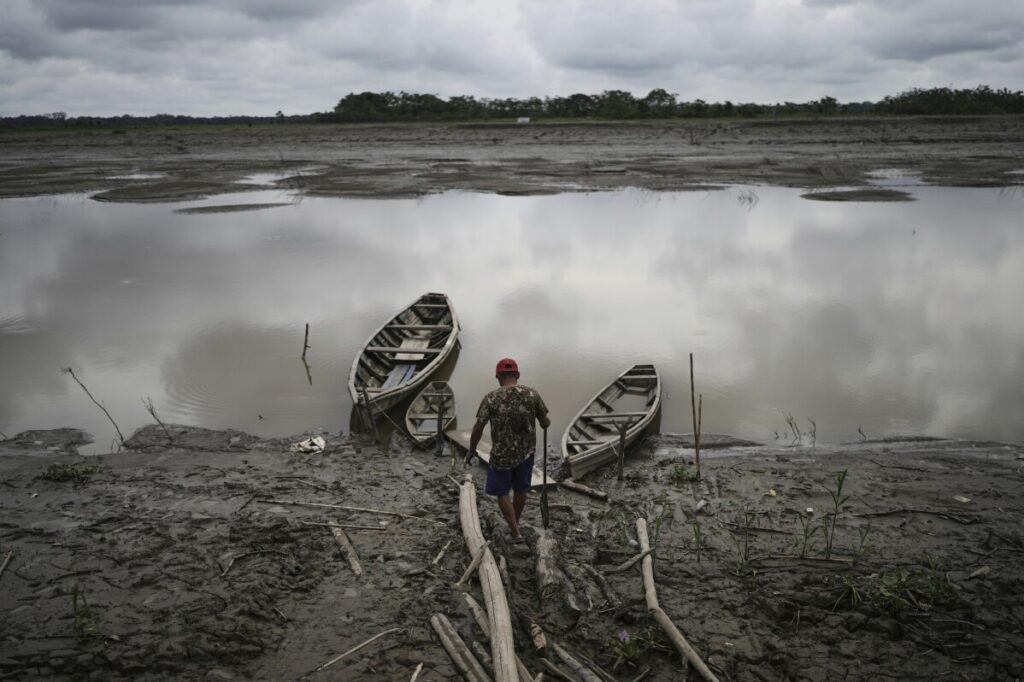Latin America’s Turmoil Exposes Threats to Regional Stability and U.S. Interests
Amid contested elections, violent protests, and territorial disputes in Latin America, Washington cannot ignore the rising instability that jeopardizes our national security and economic interests.

As Bolivia heads to the polls amidst intense political uncertainties, and Colombia reels from a recent bomb attack near a military base, the signs of unrest across Latin America are impossible to dismiss. These events are not isolated incidents but part of an escalating pattern of instability threatening U.S. national security at its doorstep.
How Will Washington Respond to Rising Chaos So Close to Home?
Bolivia’s recent general election saw vice-presidential candidate Edman Lara and his ticket claim a plurality in the first round — a development that will undoubtedly heighten political tensions in this pivotal South American nation. Political uncertainty in Bolivia has a direct impact on regional stability, undermining efforts to curb illicit trade and narcotics trafficking that flow northward toward the United States.
Meanwhile, in Colombia — a longstanding U.S. ally in fighting drug cartels and insurgency — a bomb exploded outside an Air Force base in Cali. This brazen act of violence signals that despite years of cooperation between our nations, threats from extremist groups persist with alarming boldness. How long can we afford complacency when such attacks threaten both Colombian stability and the broader hemisphere?
Territorial Disputes and Social Unrest Highlight Weak Governance
On the Amazon River island of Santa Rosa, Peruvians face uncertainty as territorial disputes with Colombia remain unresolved, emphasizing fragile governance structures susceptible to external pressure. As these border tensions smolder unattended, they risk escalating into conflicts that destabilize an already volatile region.
In Mexico City, protests against foreign conflicts like the war in Gaza also reveal internal fractures boosted by globalist narratives distracting from pressing local needs. Meanwhile, Argentina displays its own turmoil as deputies narrowly reject President Javier Milei’s veto expanding protections for people with disabilities—demonstrating political paralysis rather than decisive leadership rooted in common-sense conservatism.
Even cultural events are not spared; violent clashes between fans during Copa Sudamericana soccer games showcase undercurrents of social tension that governments have failed to address constructively.
This mosaic of chaos so close to our borders demands immediate attention from Washington policymakers committed to safeguarding America’s interests through robust alliances and principled engagement based on sovereignty and security—not globalist distractions.
The question remains: how long will we allow these crises to fester unchecked before they spill over more severely onto American soil? The answer lies in renewed commitment to meaningful partnerships that prioritize border security, combat illegal trafficking networks, and uphold democratic principles against destabilizing influences.
